
Great American astronomer, Carl Sagan, said in the original Cosmos: "Imagination will carry us to the worlds that never were but without it we go nowhere."
Carl Sagan was probably the first mainstream scientist who started campaigning for public understanding of science on a very large scale through media and TV.
Carl Sagan was probably the first mainstream scientist who started campaigning for public understanding of science on a very large scale through media and TV.
A great many documentaries have been made for educational purposes by esteemed scientists which are watched by millions of people around the world. Following is a list of some of the best physics documentaries.
Einstein and The Theory of General Relativity
This documentary was released to mark 100 years of Einstein's famous theory of gravity. It was created by leading physicists in the world as a tribute to Albert Einstein. The experts in the field have developed new experiments with advanced technology and even hundred years after first publication, the theory still works.
Cosmos: A Personal Voyage
Thirteen episode series, rated 9.3 out of 10 on IMDb, created by Carl Sagan, based on his best-selling book of the same name. The visual effects are old but each and every topic is explained with great emphasis and detail. No doubt the show was much ahead of its time.

Cosmos: a personal voyage covers a wide range of scientific subjects, including the origin of life and a perspective of our place in the universe. Since 1980, it has been broadcast in more than 60 countries and seen by over 500 million people.
Cosmos: A Spacetime Odyssey
This much needed sequel of Cosmos, released in 2014, was created by American astrophysicist Neil deGrasse Tyson. The visuals are improved and animations have been included making it a wholesome documentary series. The show has received highly positive reviews getting a Metacritic rating of 83 out of 100 based on 19 reviews
Into The Universe
Physicist Stephen Hawking brings his vision of the universe to the screen for the first time to delve into questions like how the universe began, whether life exists on other planets, and whether time travel is possible.

Hawking appears on the show in linking scenes using his own synthesized voice while the voice over narration is provided in character as Hawking by renowned actor Benedict Cumberbatch. It was released on Discovery Channel.
Wonders of The Universe

Particle physicist Brian Cox discusses various aspects of the universe featuring a wonder related to each topic. The topics include nature of time, life cycle of stars and the effect of gravity in the creation of the universe.
Secrets of Quantum Physics
British physicist Jim Al-Khalili shows how quantum physics is in every day life such as robins navigate using quantum entanglement, how our sense of smell is influenced by quantum vibrations and that quantum physics might play a role in biological evolution. You can watch it on Amazon Prime.
The Elegant Universe
American physicist Brian Greene explains the eleven dimensions, parallel universes, and a world made out of strings. This is not science fiction; this is a proper mathematical framework called the string theory. You can watch it here.
Lise Meitner: The Mother of the Atom Bomb
Secrets of Quantum Physics
British physicist Jim Al-Khalili shows how quantum physics is in every day life such as robins navigate using quantum entanglement, how our sense of smell is influenced by quantum vibrations and that quantum physics might play a role in biological evolution. You can watch it on Amazon Prime.
The Elegant Universe
American physicist Brian Greene explains the eleven dimensions, parallel universes, and a world made out of strings. This is not science fiction; this is a proper mathematical framework called the string theory. You can watch it here.
Lise Meitner: The Mother of the Atom Bomb
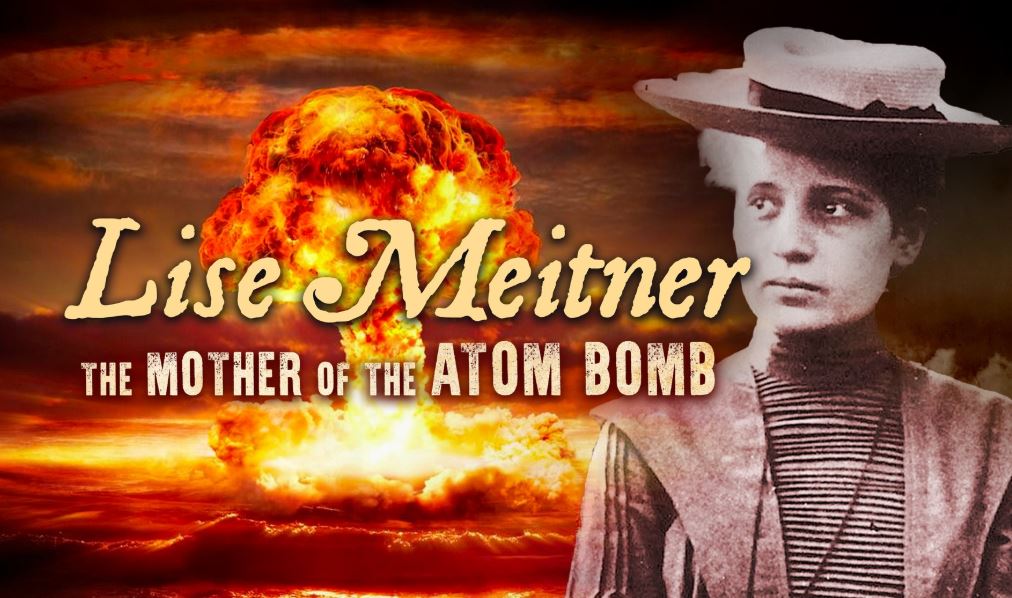
Lise Meitner led the small group of scientists who first discovered nuclear fission of uranium when it absorbed an extra neutron. Her research into nuclear fission helped to pioneer nuclear reactors to generate electricity as well as the development of nuclear weapons in the second world war. This is also available on Amazon Prime.
Fun To Imagine
In 1983, BBC aired this special by Nobel laureate Richard Feynman who used physics to explain how the everyday world worked like why rubber bands are stretchy, why tennis balls can't bounce forever, and what you're really seeing when you look in the mirror.
In 1983, BBC aired this special by Nobel laureate Richard Feynman who used physics to explain how the everyday world worked like why rubber bands are stretchy, why tennis balls can't bounce forever, and what you're really seeing when you look in the mirror.
The Amazing Science of Empty Space
How can the universe come from nothing? This question has haunted scientists and common people for a long time; different explanations have been provided throughout history. However, physicist Jim Al Khalili explores the meaning of nothing in the scientific terms. His journey ends with perhaps the most profound insight about reality that humanity has ever made: everything came from nothing. You can watch it on Amazon Prime.
Bonus: Universe In A Nutshell
This is entry level educational video produced by Big Think and hosted by Professor Michio Kaku. for the lay people. It has a holistic approach towards physics; a brief history, applications and what the future holds for physicists.
This is entry level educational video produced by Big Think and hosted by Professor Michio Kaku. for the lay people. It has a holistic approach towards physics; a brief history, applications and what the future holds for physicists.







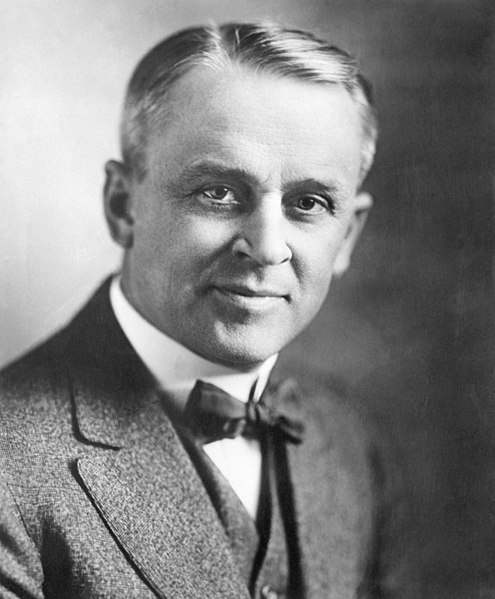







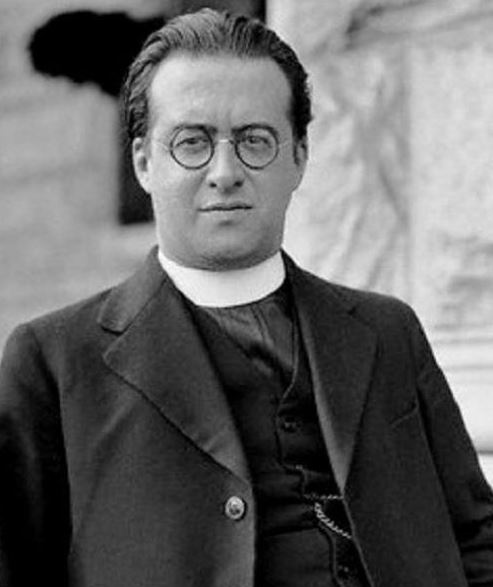





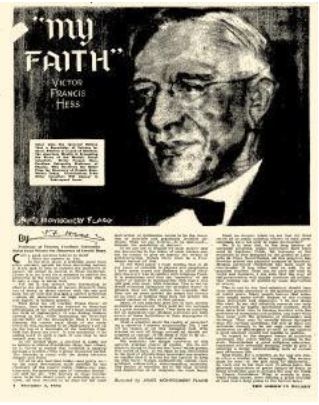

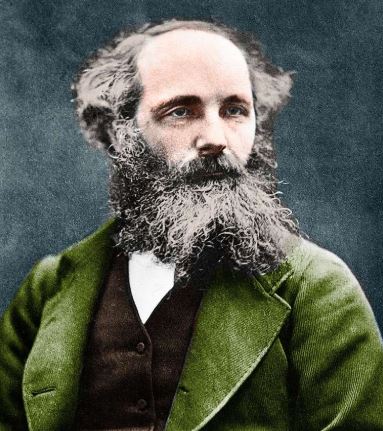
 Physics, astronomy and science history blog for students
Physics, astronomy and science history blog for students